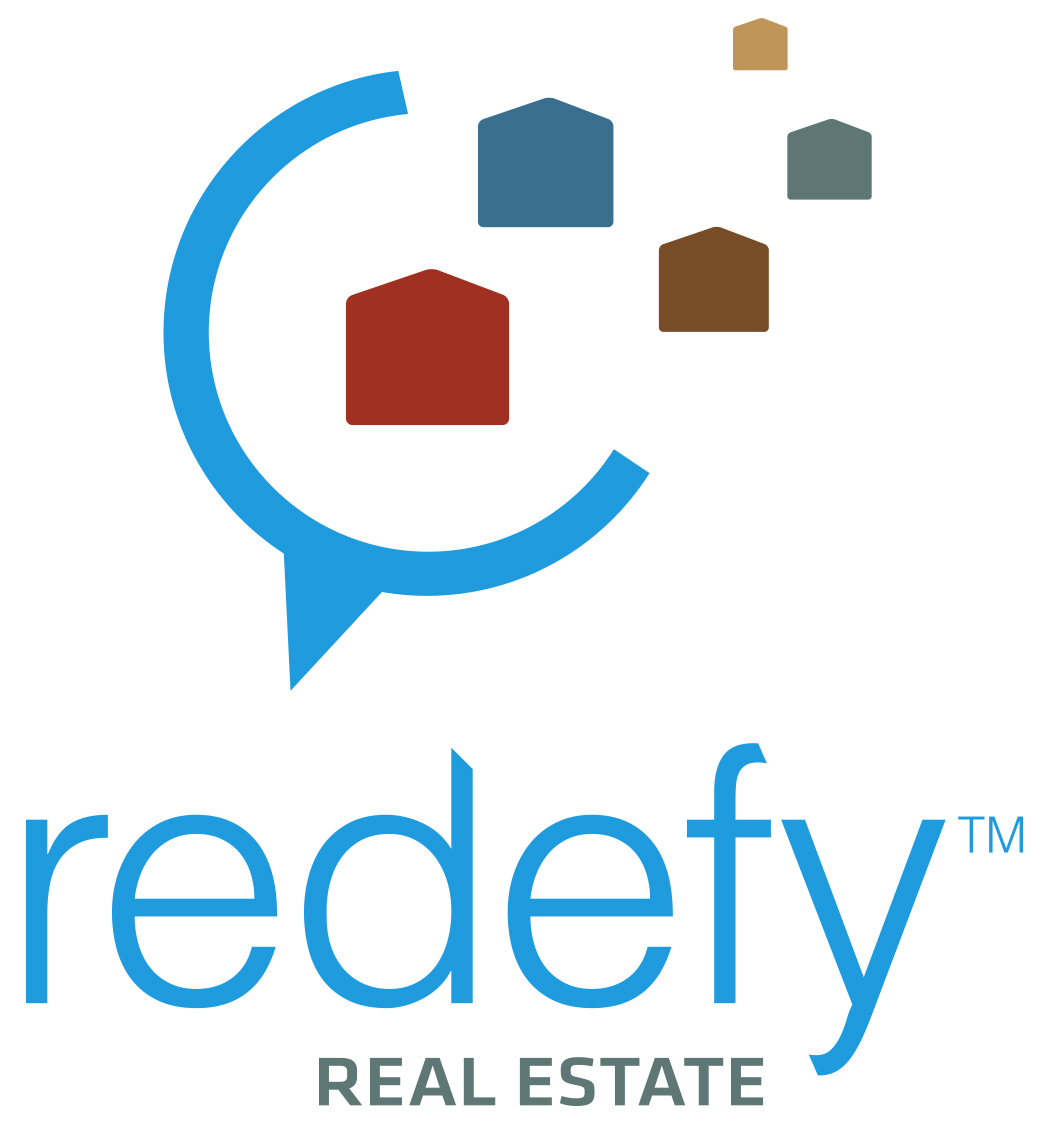Mark and Jane loved their Denver home. But it was too small. Given rising rates and limited home inventory, they thought it best to stay put and add on to the house. What they discovered may surprise you.
After getting several bids to add one room onto the house, Mark and Jane were disheartened by the $100K price tag of a small addition. What they realized was that they could sell and purchase a new home for less money than the remodel. If you’re in a similar conundrum to purchase a new home or stay put, ask yourself these 6 questions.
1. Will I need more space?
If your house is a good size that will grow with your needs, you could make an argument to stay put. If you’ve been struggling to make everything and everyone fit (because little kids grow into big people), you should consider a move. The rising cost of labor in the U.S. and a shortage of skilled workers has caused construction to be slow and costly. The permit and inspection process is also painfully slow in many municipalities.
2. Can I live with the home’s layout?
A home with a great, practical layout is something worth keeping. But sometimes what seems practical now doesn’t make sense when you’re needs change. Mike and Jeannie had a home great for a young couple. But when they were expecting their first child, they realized there was no tub for future bath times. Changing their home’s layout, especially when dealing with moving electrical and plumbing, was going to be costly. Given their limited timeline, they really didn’t want to live with the mess and deal with delays.
3. Are there major repairs coming up?
Sue and Rich purchased a new home years ago, but when they approached the time when they needed to paint again and replace the roof in a couple years, they had to strongly consider their options. With the equity they had acquired, they could upgrade to bigger, low-maintenance new home for less than the cost of the roof.
4. Is my commute practical?
Scott and Lynn were enjoying their suburban home, which was almost paid off. But then Scott was laid off and found a new job almost an hour-and-a-half away. In their situation, they decided that the time spent driving and the wear-and-tear of the car was worth considering the move. They were pleased to discover that they could sell and move without changing their monthly budget.
5. Can I afford to move?
This is a very personal question that is dependent on your finances. These are some things to ask yourself:
- Can I qualify for a new mortgage? To find out, go to a lender first and get prequalified.
- Can I afford moving costs? From moving trucks to boxes, these are costs that add up. Compare full service and DIY options at MoveBuddha.
- Do I have enough equity in my home? If your mortgage is $200K and you’re only getting $220K out of it, moving may not be a good business decision if you plan on purchasing a new home. Perhaps it’s time to stay put and possibly refinance (if you’re previous rate is higher than the current rates).
6. Will a higher rate make my new mortgage too expensive?
Some homeowners are staying put because they’re worried about rising interest rates. Here’s the thing: If you’ve been in your house long enough to sell it for a profit, it’s likely your rate isn’t the rock-bottom rate we had in the last couple years. However, if you’re in a hot market, you could have started out at a low rate and have equity already. Either way, take the time to calculate the difference in your mortgage payment.
Because everyone’s taxes and insurance differs, we’ve kept the chart below to the basic mortgage (principle & interest) payment. Want to calculate your payment with other factors like mortgage insurance and taxes? Try the U.S. Mortgage Calculator.
| Mortgage (loan amount) | Interest Rate | Term | Payment (P&I) |
| $300,000 | 3.5% | 30 years fixed | $1,347 |
| $300,000 | 4% | 30 years fixed | $1,432 |
| $300,000 | 4.5% | 30 years fixed | $1,520 |
If you’re getting a better home for your needs, an increase may be worth paying. For the mortgage example above, it’s less than $100/mo. difference per half percentage point. By making payments twice a month, you could save on interest yourself, or look at a bi-weekly payment plan.
Also consider that to finance construction, you may need a second mortgage, HELOC (home equity line of credit) or personal loan. These kinds of loans usually come at a higher percentage rate than a first mortgage.
Tally the results
Take stock of your current home’s pros and cons, then run the numbers of staying put vs. moving. Even with higher home prices, your home’s increased value may offset the difference and result in a similar mortgage payment. It’s a personal decision that is about your quality of life and financial goals.
If you’re wondering what your home is worth, start with a home value calculator. If that number intrigues you, get an agent to do a free in-home consultation for a more accurate valuation (because your home is unique). You can also save on real estate commissions by choosing a flat fee, full service option for the listing fee.
This article first appeared on The Home Front.









